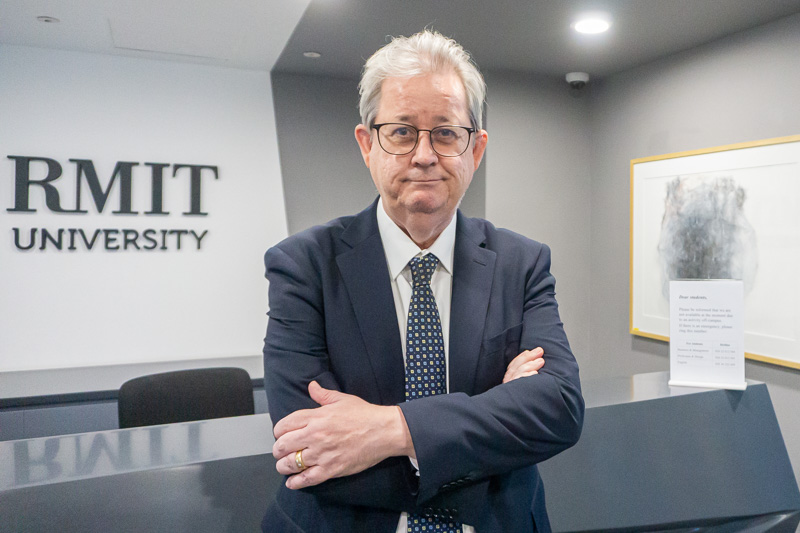Dr Walsh pointed out that millions of people who had intended to go overseas to work in Japan, Taiwan and South Korea were unable to do so because of travel restrictions, while many who had previously worked there have returned home.
“The money that they would have earned has ceased and with it comes a loss of foreign remittances to Vietnam. The new skills, competencies and network relationships they could have brought back to the Vietnamese economy have also been put on hold.”
According to the RMIT academic, the openness of the economy raises another consideration: Vietnamese people are sending exports overseas that they do not themselves buy, and they buy imported goods they do not themselves produce.
“To reduce this vulnerability, the government might think more about shifting the focus of production so that more Vietnamese people can consume the goods they produce in the country,” Dr Walsh said. “The policymakers should look into ways to increase the minimum wage and the skills and education of local workers to justify that increase.”
Moreover, Dr Walsh believes offering more support to workers in agricultural production would help reduce the vulnerability in this particular segment of the labour force. He suggested providing more knowledge and resources to projects that will increase value of individual items and brands, and distribute them regionally and internationally.
Long road ahead
“At the moment, there is only a limited amount that the Vietnamese Government can do to weather the forthcoming global depression,” Dr Walsh said. “The government’s plans for GDP increases have already had to be reworked and things might get worse before they get better.”
He added that uncertainties around the arrival date of a vaccine for COVID-19 and possible new waves of infections might complicate any such plans.
“In countries around the world, the populations have become hostile to the thought of people from other countries, including migrant workers, coming to them and threatening new outbreaks of disease.
“It will be helpful to find ways for people to stand together in understanding the situation facing them and working together to support each other,” he said.
Story: Ngoc Hoang
Dr John Walsh is International Business Program Manager from RMIT’s School of Business & Management. In addition to the UK, Dr Walsh has lived and worked in Sudan, Greece, Korea, Australia, United Arab Emirates and Thailand, before moving to RMIT Vietnam in October 2018. He has conducted research and published widely on a range of international business subjects, particularly as it relates to the Greater Mekong Subregion. He received his doctorate from Oxford University for a thesis concerning international management in Northeast Asia.





